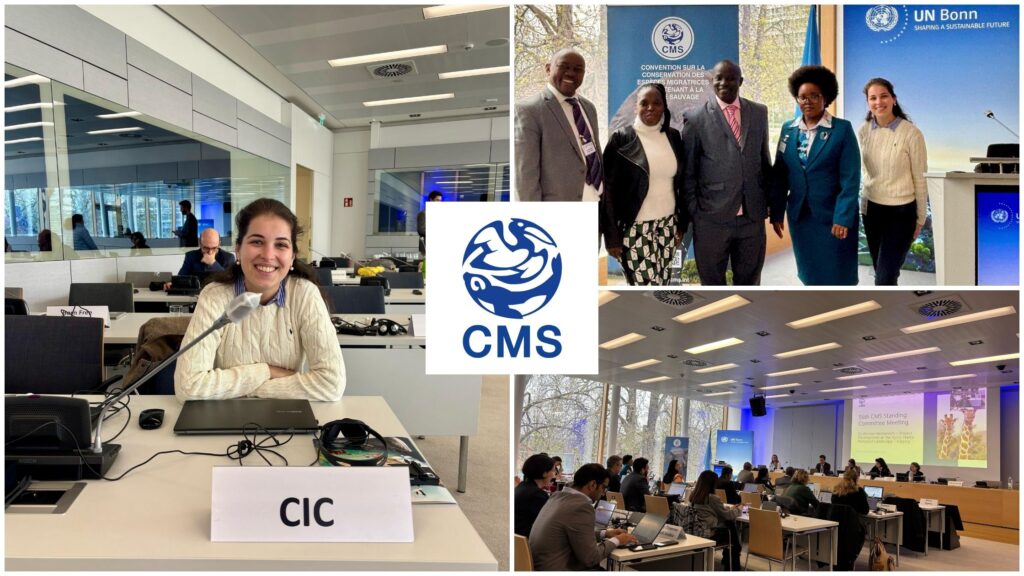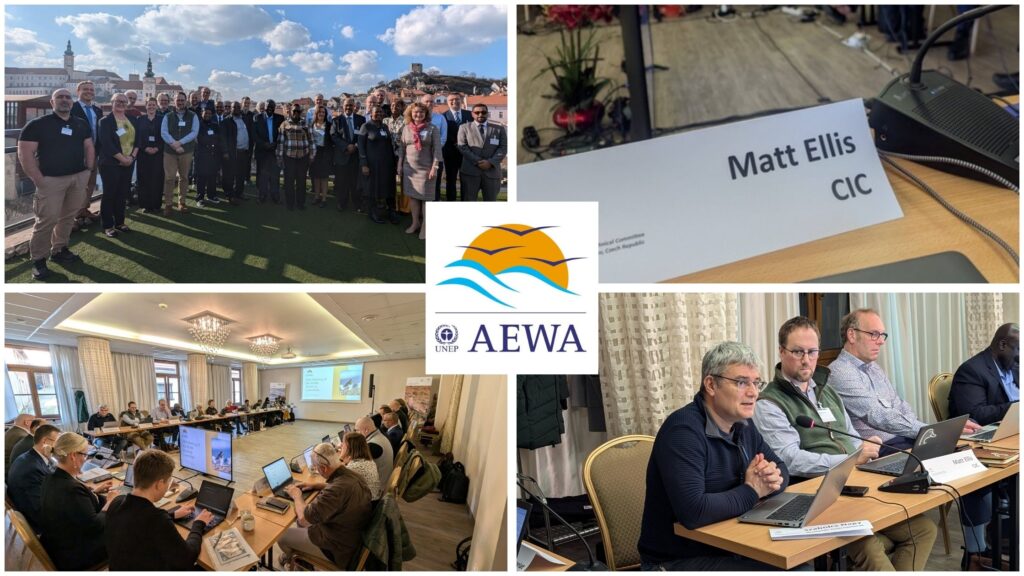Home » News & Press » Europeans Are Accepting Of Hunting Trophies According To YouGov Survey
Facebook
X
LinkedIn




